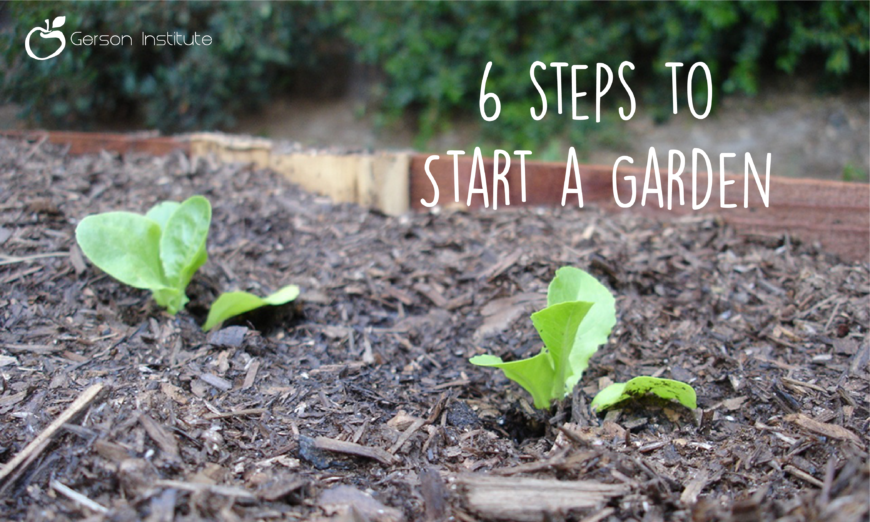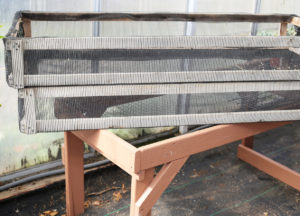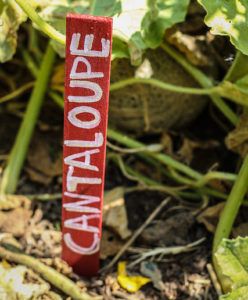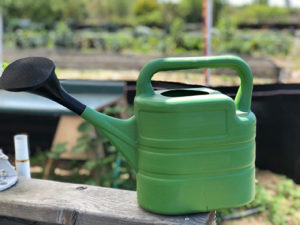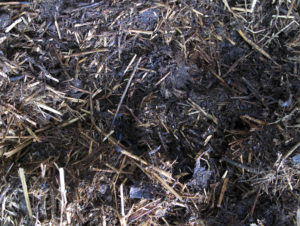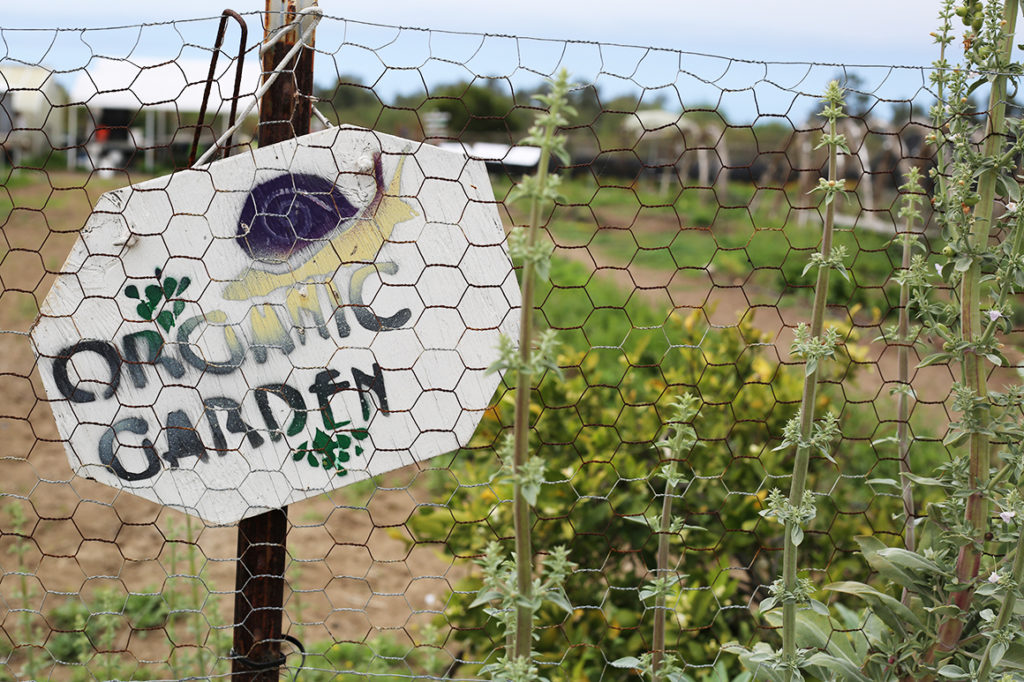
Starting a garden sounds like a big project, but starting small goes a long way. With a little bit of planning, you will not only save money while helping the earth, but you’ll build a strong connection to your food. For Gerson patients in particular, a home garden oasis can offer mental and emotional clarity, a retreat from the daily routine.
Follow these tips to get your garden started…and to keep it thriving!
Pick a Space 
Pick a sunny location in your yard, as vegetables need at least 6 hours of direct sunlight per day (almanac.com). If you don’t have much space for a garden bed, consider:
- Starting small with a couple of little, potted herbs to go on your kitchen windowsill
- Planting items like garlic, leeks and shallots in pots
- Utilizing vertical space, either by training vining crops (like melons) to grow up a trellis, or by purchasing a vertical growing system such as a garden tower to combine your growing and composting in one compact space.
Prepare the Soil
Clear the space of debris and rocks, then enrich your soil with compost to provide the needed nutrients and proper drainage, which ensures that water neither collects on top nor drains too quickly.
Pick Your Plants 
- Visit a farmer’s market or a local plant nursery to get a sense of what’s being grown this season in your area.
- If you’re totally new to gardening, we recommend starting with plant starts, rather than seeds, as this will give you a big head start.
- Be selective about which plants you choose and where they go. Certain plants will benefit their neighbors by replenishing nutrients that are needed, or even helping to keep pests away. This is called companion planting.
Water 
- Do your best to water each plant at its root, and water your garden in the morning or late evening in order to conserve moisture loss. This also helps to prevent many diseases that could affect your plants.
- Consider a drip irrigation system with a timer to ensure your plants are getting enough water in all the right places.
- Just like humans are affected by water with chlorine, the microbial life that keeps soil alive and healthy are also affected by water with chlorine (among other contaminants). Consider getting an outdoor water filter, such as one of THESE from the Boogie Brew Company.
Fertilize Naturally 
- Create compost! Learn how to compost in six easy steps with our recent blog post, From Trash to Treasure.
- Crushed egg shells can help break up clay in soil and provides your plants with calcium. Sprinkle on and incorporate into the soil.
- Wood ash is a worthwhile fertilizer that provides potassium, helps repel maggots, and can enhance flavors in vegetables such as lettuce and tomatoes. Ash from colored or slick paper may contain harmful substances and is best to avoid.
Control Pests Naturally
- Flowers do more than just add color to a garden. Certain flowers attract not only pollinators, but also attract beneficial insects that eat unwanted pests.
- For a chemical-free way to keep unwanted bugs off your prized produce, check out our recipe for an all-natural, DIY bug repellent.
Join Over 200,000 Gerson Fans!
Educational articles like this are made possible with the help of your donations. Help us continue the legacy of Dr. Max Gerson, his daughter Charlotte Gerson, and the thousands who rely on the Gerson Institute for vital educational materials and training.
Written by: Eric Freeman
Post by: Nicole Ferrer-Clement


